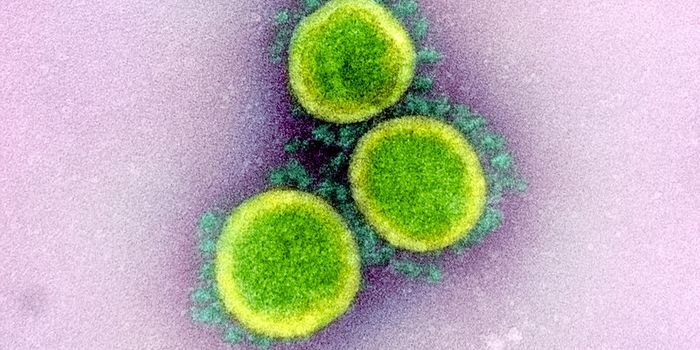Leukemia Drug Effective for Treating Childhood Brain Cancer
Scientists at the University of California-San Diego have found that a chronic myeloid leukemia drug was found to treat medulloblastoma in mouse models more effectively than existing therapeutics. Findings of the study were published in PLOS One and demonstrates how the use of the single FDA-approved drug ‘nilotinib’ targets cancer cells that have been abnormally activated through a specific cell communication system known as the Hedgehog pathway.
Learn more about the Hedgehog Pathway:
"We discovered a previously unknown activity of nilotinib that may be leveraged to treat a large fraction of cases of medulloblastoma, a type of childhood brain cancer," said senior author Ruben Abagyan, PhD, professor in the Skaggs School of Pharmacy. "While more research is needed, this pharmaceutical could potentially be used for several cancer types with an overactive cell-signaling pathway."
Many types of cancer have an impaired hedgehog pathway such as basal cell carcinoma, myeloid leukemia, rhabdomyosarcoma, pancreatic adenocarcinoma, glioblastoma and one third of medulloblastoma cases. The Hedgehog pathway is a critical cellular system that regulates embryonic development and adult tissue regeneration. When impaired, the pathway allows the cancer cells to overproduce a cell-surface receptor known as smoothened—this results in plenty of malignant cancers.
In the study, Nilotinib was found to inhibit the activity of smoothened and several other protein kinases implicated in tumor growth. This was demonstrated in mice bearing human medulloblastoma tumors which after the Nilotinib-treatment tumor growth was decreased with no apparent drug resistance.
"Only a fraction of patients with this subtype of medulloblastoma respond well to current therapies that only target Smoothened," said Abagyan. "Knowing that dysregulation of the Hedgehog pathway is important to the maintenance of cancer stem cells, and that it plays a critical role in several cancers, we wanted to find a single drug that inhibits this pathway in addition to several other essential anti-cancer activities."
Source: Science Daily









